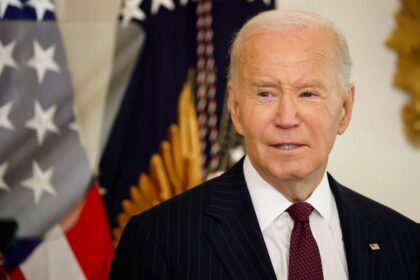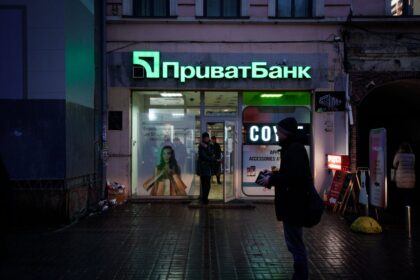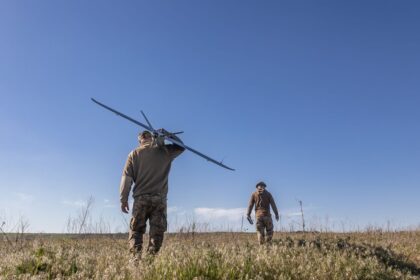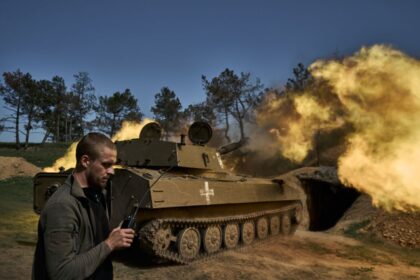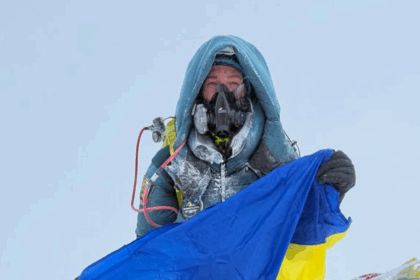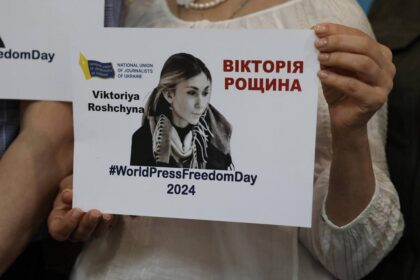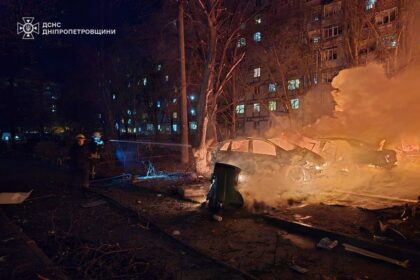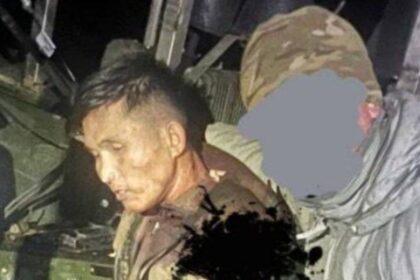**Ukraine’s President Zelensky Reveals Plan for 3 Million Artillery Shells**
In a recent visit to the Czech Republic, Ukrainian President Volodymyr Zelensky announced that his country expects to receive 3 million artillery shells from its allies. This move comes as Ukraine continues to face off against Russian forces in a war that has been ongoing for months.
Speaking alongside Czech President Petr Pavel, Zelensky emphasized that Ukraine’s strength is key to ending the conflict. “If Ukraine is strong, the war will end,” he said. The Czech president also announced an initiative to deliver up to 1.8 million artillery shells to Ukraine by the end of 2025.
This significant boost in military aid comes as Russia has turned to North Korea for support, with reports emerging that Pyongyang has sent troops to fight alongside Russian forces in Kursk Oblast. Zelensky warned Moscow that there are other streams of military aid available to help Ukraine fend off Russia’s war efforts.
The Czech initiative was launched last year in response to delays in US military aid in early 2024. “Forcing Russia to go for a full, unconditional ceasefire, especially since it was a proposal from the United States and we supported it, is also a priority task,” Zelensky said.
However, the Kremlin has shown signs of unwillingness to move forward on a peace deal with Ukraine. Russian authorities have listed maximalist demands in ceasefire negotiations brokered by the US, including control over five Ukrainian regions. Ukraine has already agreed to a 30-day full ceasefire if Russia abides by it, but Moscow has refused.
Zelensky has repeatedly called for an immediate, full, and unconditional ceasefire, saying on April 23 that Ukraine insists on such a deal. The situation remains tense as both sides continue to engage in combat.
**Commentary**
The announcement of 3 million artillery shells from Ukraine’s allies is a significant development in the ongoing conflict between Russia and Ukraine. It highlights the global community’s continued support for Ukraine’s defense against Russian aggression. However, it also underscores the challenges ahead for a lasting peace deal, as Moscow’s maximalist demands remain a major obstacle.
The Czech initiative is an example of how smaller countries can play a crucial role in providing critical military aid to those in need. It demonstrates that even with delays from larger donors like the US, other nations can step up and provide essential support.
**Deeper Analysis**
The ongoing conflict between Russia and Ukraine has far-reaching implications for global security and stability. The war has already led to significant human suffering, displacement of people, and economic hardship.
In light of this, it is essential that international efforts focus on promoting a peaceful resolution to the conflict. This requires continued diplomatic pressure on Moscow to accept a full ceasefire, as well as meaningful negotiations on a lasting peace deal.
The global community must also recognize the importance of Ukraine’s sovereignty and territorial integrity in any future settlement. Any compromise on these principles would be unacceptable and could have severe consequences for regional stability.
Ultimately, the path forward requires sustained international pressure on Russia to accept a full ceasefire, coupled with continued support for Ukraine’s military efforts to defend its territory against Russian aggression.





